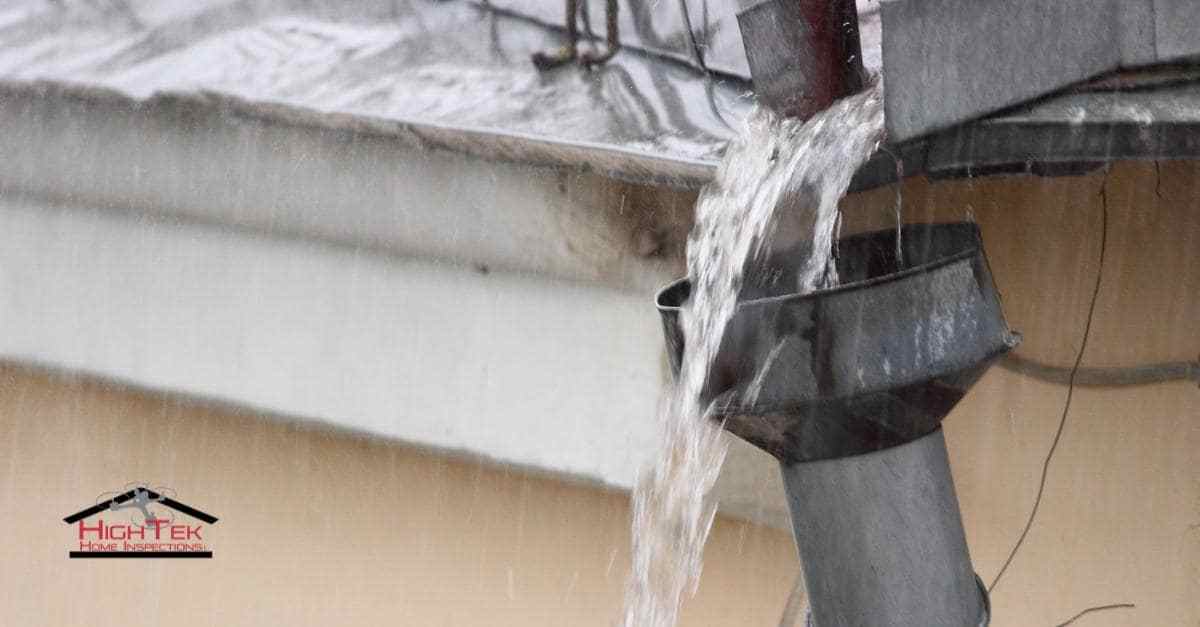If there’s one thing in life none of us can control, it’s Mother Nature. And since the Tri-state area gets its fair share of rainy weather, diverting water away from your foundation should be on your mind if you’re a homeowner or a prospective buyer.
Pooling water from poor drainage solutions can cause a host of problems, including cracking the foundation, eroding retaining walls and bringing unwanted bugs and rodents to your property, something no homeowner needs. Unfortunately, poor drainage issues can go unnoticed if you’re not on the lookout and unaware of what (or where) to look on your property.
The most obvious signs of poor water drainage around your home are stagnant puddles of old rainwater (complete with swarms of mosquitoes), pools of water on the driveway or sidewalk and the most glaring: a flooded basement. So, what can you do as a homeowner if you notice standing water near your home to protect your property from costly damage?
Dry Creeks
Dry creeks are an aesthetically pleasing and effective way to divert water away from your property. This is done by digging a shallow trough and filling it with rocks. When done right, a dry creek can even be a complement to your yard or garden while also protecting the foundation of your home.
French Drains
A French drain is a trench placed in areas of a yard prone to flooding or standing water. The trench is covered with rock or gravel and redirects water to a drain field or septic tank far away from the house. Since the French drain is underground, it can be discreetly placed on the property, and your neighbors will be none the wiser!
Trench Drains
Does your home have a large driveway or concrete patio? If so, a trench drain might be a better bet for your property. Trench drains are easy to install and a great way to divert rainwater while also filtering out debris. This reduces the risk of clogs from rocks and twigs, saving you headaches down the road.
Dry Wells
Underground dry wells are a tried and true method for diverting water away from the home. They work by capturing rainwater before it seeps into the soil into an underground basin. The water is then diverted away from the property. Dry wells should be placed away from the home as they can develop a smell due to slow drainage.
Site Grading
If your yard is elevated compared to your house, you’re fighting a losing battle against water damage. Your yard should be around one inch lower for every foot you move away from your home, up to 10 feet away.
If your yard is elevated, you can opt for site grading to divert water away from the home. This involves grading the landscape so water will flow away from, instead of toward, the house.
Schedule A Home Inspection
Are you worried pooling water may be impacting the integrity of your home? Schedule a home inspection with HighTek Home Inspections. We work with home buyers and sellers to ensure everyone is armed with reliable, fair information about the property. Everything about HighTek Home Inspections is unique, from the advanced technological techniques to the unmatched commitment to customer service.
Our insured, InterNACHI®-certified inspectors use the most comprehensive line of state-of-the-art tools and equipment to help us gather information other home inspectors can’t. Best of all? Our prices are comparable to other inspectors.
If you’re in the Greater Cincinnati, Hamilton or Dayton, Ohio area, check out our services and prices, then schedule your home inspection today! For more tips and our latest updates, follow us on Facebook, Twitter, LinkedIn, Pinterest, SPECTORA or Instagram.


